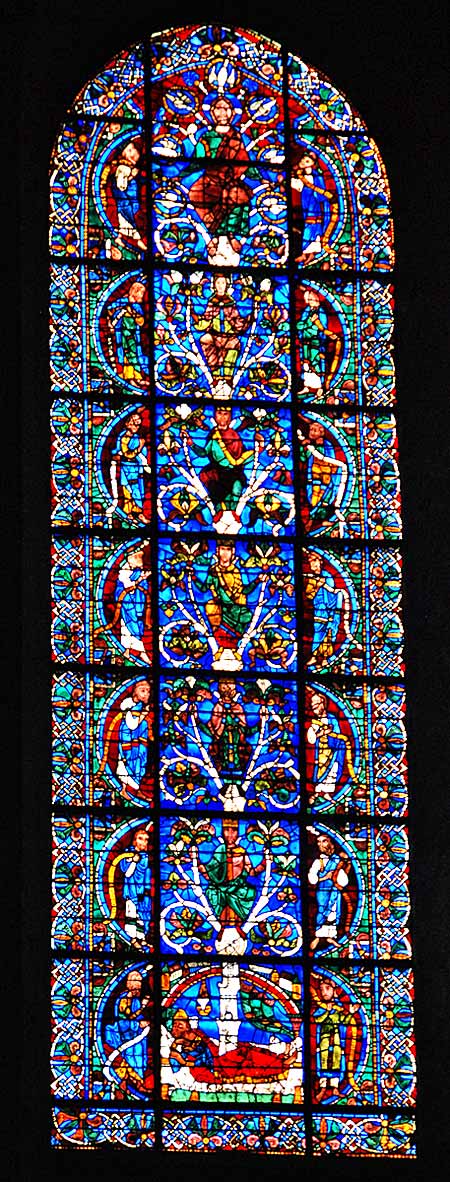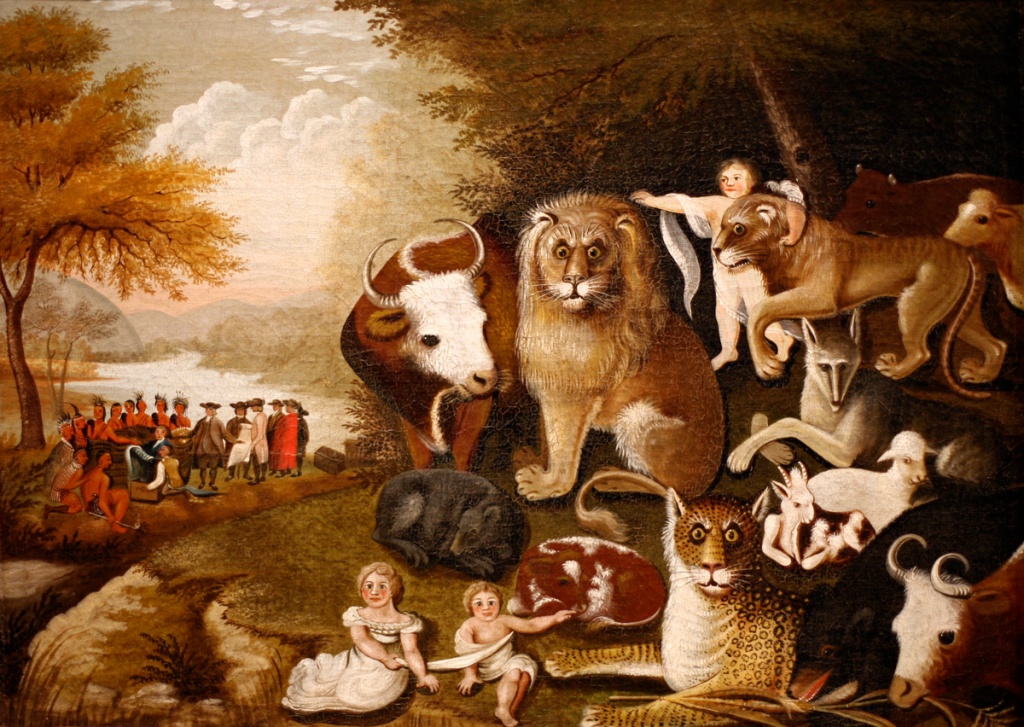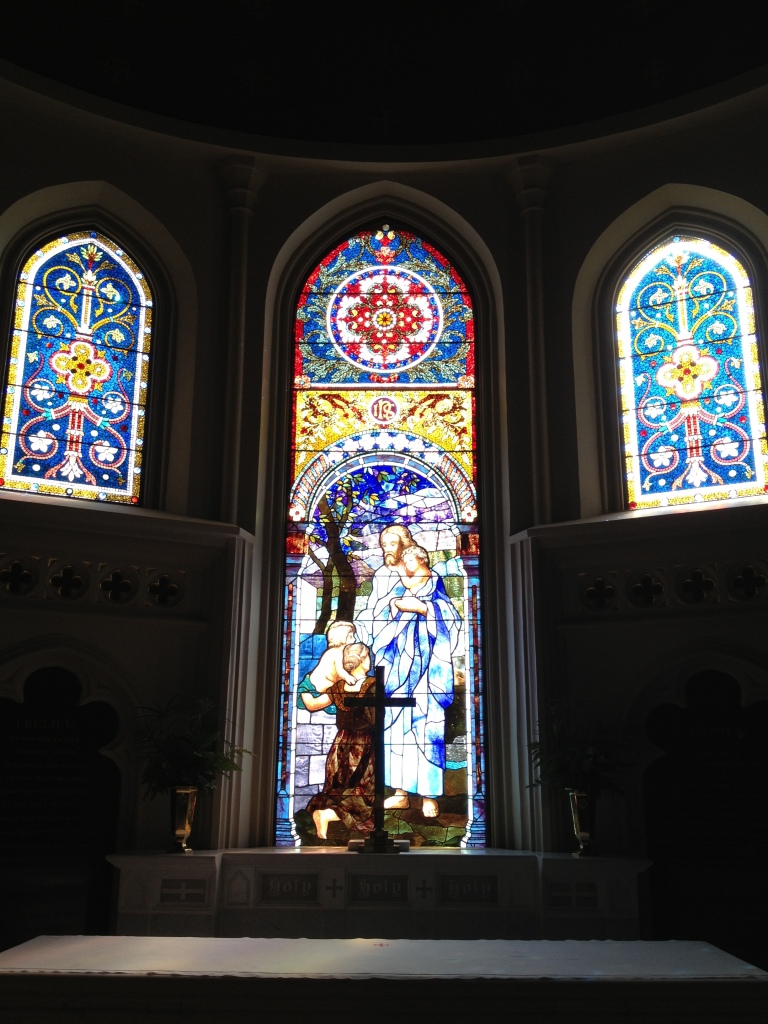Wednesday, December 24
Isaiah 35:1-10; Revelation 22:12-17, 21; Luke 67-80
Twice I have known the special mixture of confusion, excitement, and fear that comes with the birth of a child. It is a thrilling, terrifying, perplexing time. In the case of both of my two children, there were many false alarms and disappointed hopes before the day finally arrived. And when the day finally does arrive, there really isn’t much to do (for the father, I mean!). One can only wait, and pray, and offer encouragement. And behold the wonder. After that, everything is different.
It’s no accident that both Jesus and Paul use labor pains as a metaphor to describe the looked-for, yet unrealized Second Coming of Christ. Just as friends and doctors annoyingly remind expectant parents that “no pregnancy ever lasted forever,” we are promised an end to our waiting. And yet, Scripture makes clear that Jesus’ return will be as sudden and unpredictable as a birth. We cannot know when it will happen and we cannot know in every detail what it will bring. But after that, everything will be different.
Advent ends today at sundown. Christmas will come tomorrow with all the predictability and regularity of the passage of time. But at the end of this season of waiting—on this night set apart for the contemplation of a birth—may we not lose our sense of wonder and joy and befuddlement. Through all the dependability and tradition of our celebrating, may we recover some of the excitement and terror that attends every childbirth, and that was surely present long ago in a cattle-shed in Bethlehem.
“Behold, I am coming.” The promise of the Incarnation—the promise of Christmas—finds its fulfillment in the eschatological hope of Advent. The joy of Christ’s first coming among us “to give light to them that sit in darkness, and in the shadow of death,” will culminate in the wonder of Christ’s Second Coming when he shall put an end to darkness and death at last—when “waters shall break forth in the wilderness, and streams in the desert; the burning sand shall become a pool, and the thirsty ground springs of water…”
Tonight and tomorrow, may God give you grace amidst the tinsel and the trappings to grasp the promise of Christ’s coming. As you sing and give gifts and offer thanks for Jesus’ birth, may you also yearn and watch and wait for his return.
“The Spirit and the Bride say, ‘Come.’ And let him who hears say, ‘Come.'”


